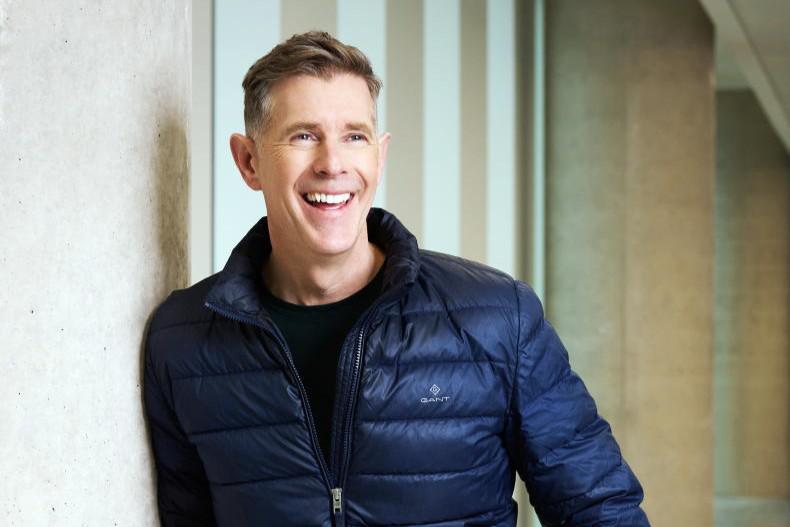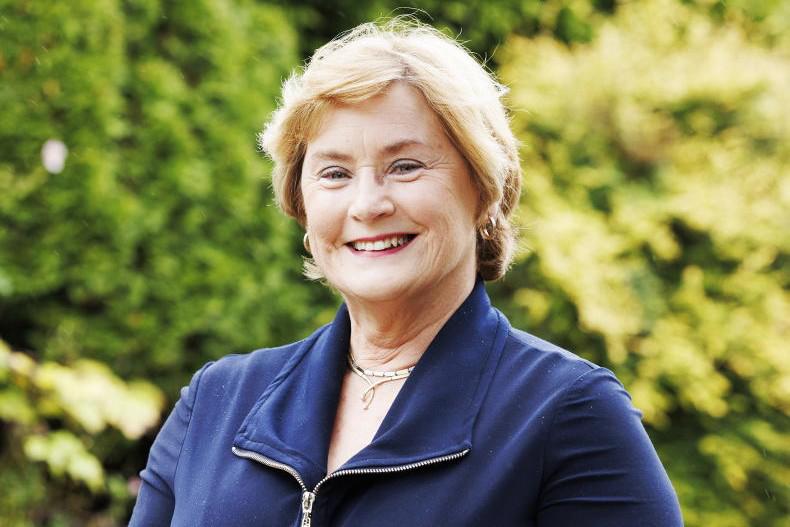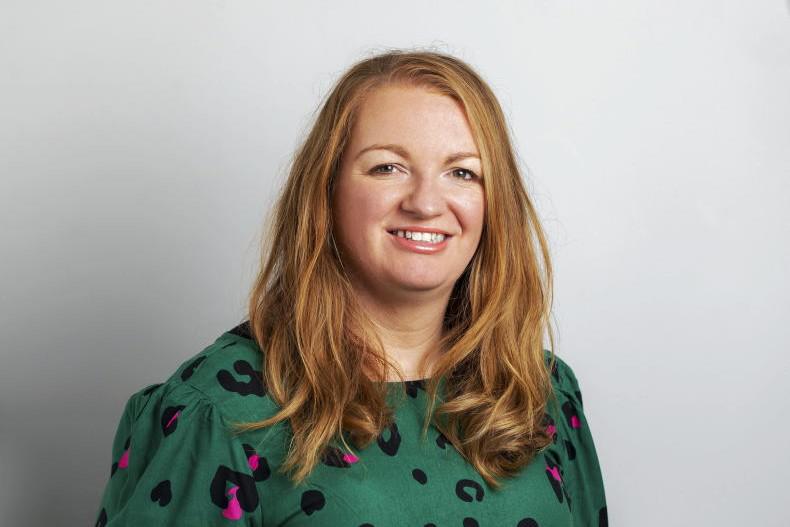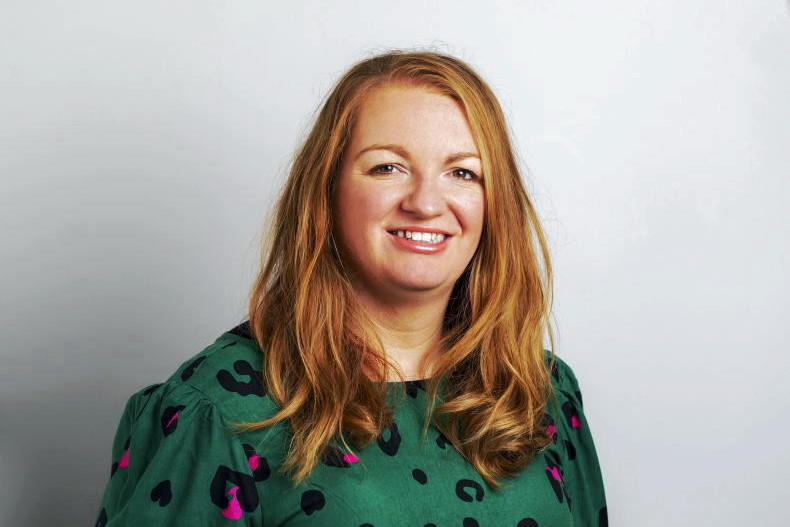Did you ever make a call from a coin box and ask the operator to reverse the charges? Or even, did you ever make a phone call from a coin box? I see coin boxes all over the country that have been converted into free book swap sites, a point for tourism information and as an accessible place for a defibrillator. All worthy uses for places that were the same life line in relation to communications as today’s mobile phone is.
Now I’m not talking about 100 years ago. When our eldest was born 38 years ago, we rang a local shop and asked them to drive down to my mother-in-law to give her the good news. It was another year before she got a phone in the house. In the space of 30 odd years, we have gone from having to walk, cycle, drive to a public coin box to make a call to being able to call and see people half way around the world from something small enough to be carried in our pocket. Side note - the Irish for mobile phone is fón póca!
I recently chatted with my friend Breege who was a telephone operator in the 70s. No calls could be made without going through the operator. When you picked up the receiver, the operator would ask you what number you wanted and connect you herself if it was a local number or work with another operator if it was to someone outside the area. If you were calling the UK, there were several operators and exchanges involved to get your call through. Numbers were short and simple. Our number was Carbury 37. As a child I wouldn’t have understood the workings of it. I only remember it was very expensive. I didn’t realize that operators were also the person who contacted the fire brigade, doctor, ambulance, vet etc. They were the emergency services’ point of contact and many of them including Breege saved lives by their actions in the telephone exchange.
Coin boxes were an important part of many a romance. Even if you had a phone at home, it was usually in the hall where you certainly couldn’t have a private conversation sitting on the red velvet seat of the telephone table. So off to the coin box you’d go with a few 20p pieces. After probably three minutes, the operator would ask you to put in more money or they would have to disconnect the call. When you appealed to their better nature, most operators would give you more time for free if you were out of coins.
Of course, if you didn’t have the required 20p pieces, you asked the operator to reverse the charges so the person receiving the call got charged. This was usually done if you were calling your parents. I’m not sure it would have done much for your romance if you wanted the object of your attention to pay for the call!
The above-mentioned telephone table had a shelf for the phone books. These tomes held the name, address and telephone number of everyone who had a phone. This access to information wouldn’t get past GDPR now, but it was used by friends, family, political party canvessers and salesmen. I remember applying to have the listing changed when we got married. As I didn’t change my name on marriage, it was to read John McWalter and Margaret Leahy. I was told that was too many words for a listing and that a married couple had to be listed as Mr & Mrs. When I asked if a brother and sister living together could have both names listed, I was told that would be fine, but as I was married, I’d have to be listed as Mrs. The listing was finally printed with both names!
Technology has and will continue to bring new ways of communicating, gathering and sharing information. But back in the day, a call to Ballyfarnon 9 with the following information was enough for the AI man. “First time noticed this morning. Shorthorn bull.”
Did you ever make a call from a coin box and ask the operator to reverse the charges? Or even, did you ever make a phone call from a coin box? I see coin boxes all over the country that have been converted into free book swap sites, a point for tourism information and as an accessible place for a defibrillator. All worthy uses for places that were the same life line in relation to communications as today’s mobile phone is.
Now I’m not talking about 100 years ago. When our eldest was born 38 years ago, we rang a local shop and asked them to drive down to my mother-in-law to give her the good news. It was another year before she got a phone in the house. In the space of 30 odd years, we have gone from having to walk, cycle, drive to a public coin box to make a call to being able to call and see people half way around the world from something small enough to be carried in our pocket. Side note - the Irish for mobile phone is fón póca!
I recently chatted with my friend Breege who was a telephone operator in the 70s. No calls could be made without going through the operator. When you picked up the receiver, the operator would ask you what number you wanted and connect you herself if it was a local number or work with another operator if it was to someone outside the area. If you were calling the UK, there were several operators and exchanges involved to get your call through. Numbers were short and simple. Our number was Carbury 37. As a child I wouldn’t have understood the workings of it. I only remember it was very expensive. I didn’t realize that operators were also the person who contacted the fire brigade, doctor, ambulance, vet etc. They were the emergency services’ point of contact and many of them including Breege saved lives by their actions in the telephone exchange.
Coin boxes were an important part of many a romance. Even if you had a phone at home, it was usually in the hall where you certainly couldn’t have a private conversation sitting on the red velvet seat of the telephone table. So off to the coin box you’d go with a few 20p pieces. After probably three minutes, the operator would ask you to put in more money or they would have to disconnect the call. When you appealed to their better nature, most operators would give you more time for free if you were out of coins.
Of course, if you didn’t have the required 20p pieces, you asked the operator to reverse the charges so the person receiving the call got charged. This was usually done if you were calling your parents. I’m not sure it would have done much for your romance if you wanted the object of your attention to pay for the call!
The above-mentioned telephone table had a shelf for the phone books. These tomes held the name, address and telephone number of everyone who had a phone. This access to information wouldn’t get past GDPR now, but it was used by friends, family, political party canvessers and salesmen. I remember applying to have the listing changed when we got married. As I didn’t change my name on marriage, it was to read John McWalter and Margaret Leahy. I was told that was too many words for a listing and that a married couple had to be listed as Mr & Mrs. When I asked if a brother and sister living together could have both names listed, I was told that would be fine, but as I was married, I’d have to be listed as Mrs. The listing was finally printed with both names!
Technology has and will continue to bring new ways of communicating, gathering and sharing information. But back in the day, a call to Ballyfarnon 9 with the following information was enough for the AI man. “First time noticed this morning. Shorthorn bull.”









SHARING OPTIONS